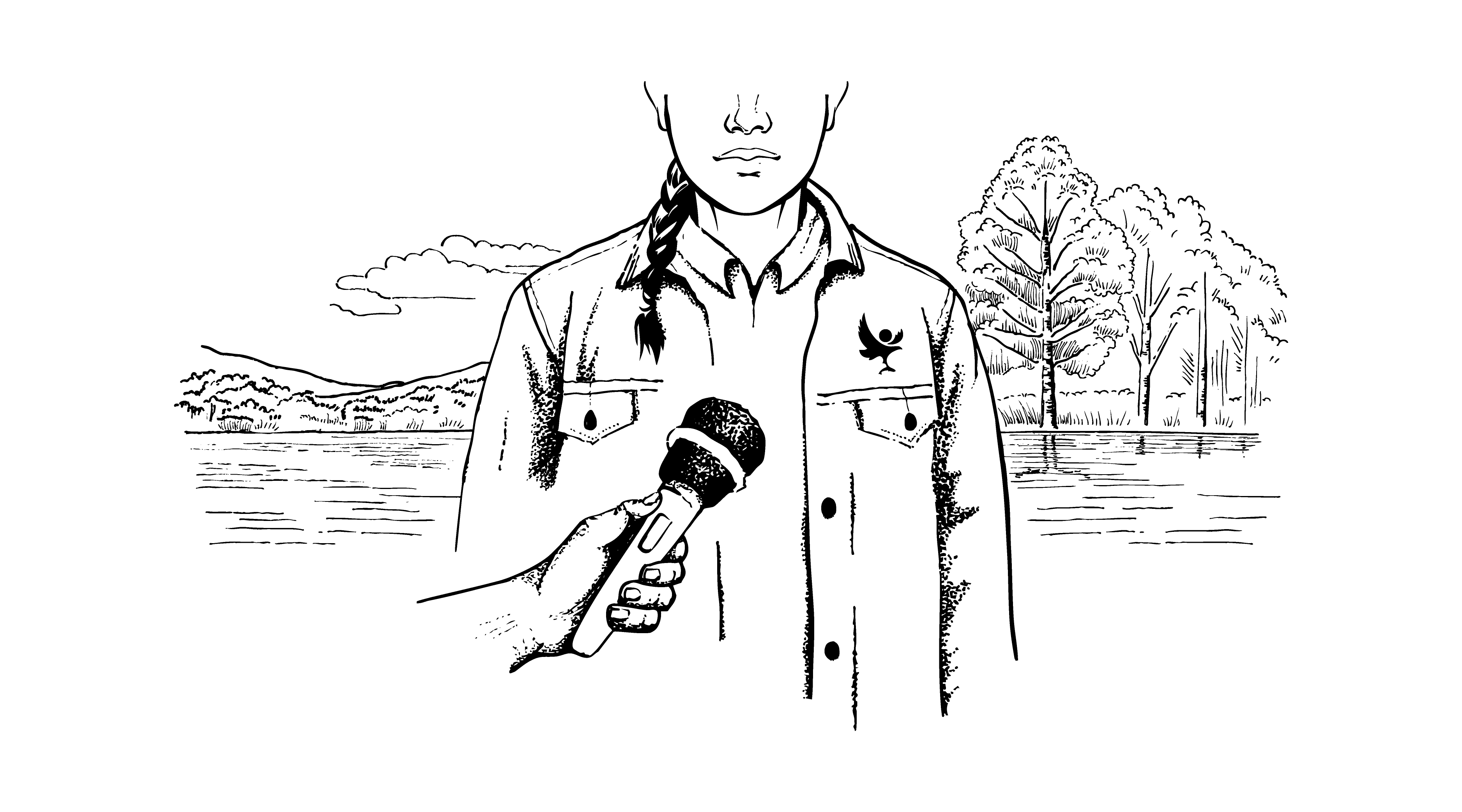A series of five advisory panels is to be established by the Cairngorms National Park Authority.
The panels will have two key purposes – providing advice and feedback to the authority on its work while looking at the practicalities of the Park’s statutory aims, and to act as a means of communication about the Park’s work.
The National Parks (Scotland) Act requires the Board to set up advisory panels on its functions, to help the authority achieve its statutory aims –
- to conserve and enhance the natural and cultural heritage of the area
- to promote sustainable use of natural resources of the area
- to promote public understanding and enjoyment (including enjoyment in the form of recreation) of the special qualities of the area
- to promote sustainable economic and social development of the areas’ communities
The five panels agreed by the Board are Advisory Panel on Joined Up Government, Advisory Panel on Natural and Cultural Heritage, Advisory Panel on Sustainable use of Natural Resources, Advisory Panel on Understanding, Enjoyment and Recreation and Advisory Panel on Sustainable Communities.
The panels will comprise between 10 and 15 members drawn from local communities and chaired by a member of the CNPA Board. The panels are expected to meet twice a year, and all of the Board’s members will be able to attend.
Board convener Andrew Thin commented: “The membership of these panels will reflect our wish to learn from the experience and expertise of individuals who can contribute to debate and discussion on the development of the National Park.
“The members of these panels will not be there to lobby for particular interests, but to provide us with advice and help us to work across all sectors in a joined-up manner.”
Mr Thin added: “I believe that active participation in these panels by all Board members is essential as a means of maximising their potential, but also – and most crucially – in providing integration between the five.”
The Board also agreed today to establish a series of working and project groups to look at issues ranging from food marketing to housing, tourism to public transport.
“These will be time limited groups,” Mr Thin explained, “which will look at particular initiatives and projects where partnership working is particularly important. – the emphasis will be on achieving particular aims.”
In addition, other groups working outside the CNPA umbrella will be given funding support by the Park if the Board believes them to have a role in promoting the aims of the Park.
Today’s meeting of the CNPA Board also started work on developing the Park Plan which is another statutory duty for the Board. When approved by Scottish Ministers, all public bodies in the Cairngorms will have to have regard to it.
Work on developing the plan will continue until April 2005, when it is submitted to Ministers. Its development will involve consultation with involve stakeholders in the public, private, community and voluntary sectors. Two major research projects are also envisaged.
“This is the document that will inform all the work of the National Park for decades to come,” Mr Thin said, “so it is vital that we take the time to ensure we get it right. This Plan will pull together all the aspirations for the Park and contain a programme of action to achieve these aspirations.”





